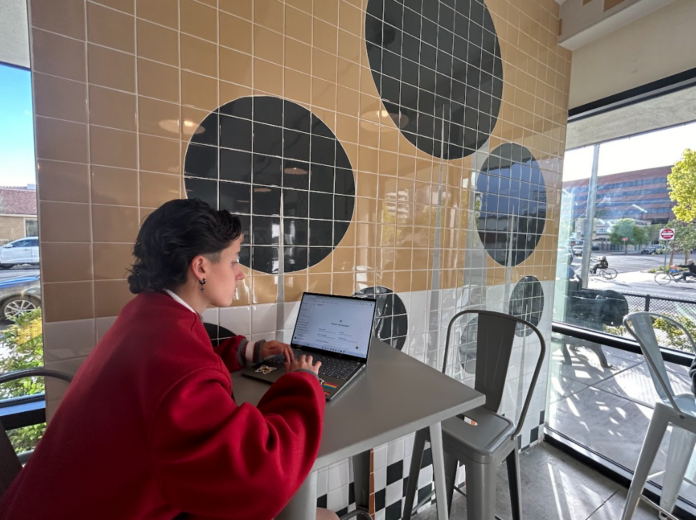Two years ago, OpenAI introduced ChatGPT to the world, setting off ripples of both fascination and concern among its vast user base. Fueled by generative AI technology, this tool can craft poetry, decipher code and even ace your final exam.
While Chat GPT stands out as a potential enabler of academic dishonesty, it also holds promise as a means to enhance learning and skill development.
“My professor actually motivates us to use Chat GPT,” said Anai Rico, a comprehensive medical imaging student at UNLV. She elaborated that her biology professor views Chat GPT as a valuable resource for students. In Rico’s Biology class, students can use Chat GPT to explain terminology, provide practice questions, and overall enhance their understanding of the course.
According to a study conducted at Anadolu University, AI tools such as Chat GPT have the capability to revolutionize learning environments, fostering interactive and dynamic experiences. These tools empower individuals to engage in constructive dialogues, address uncertainties, and delve into various perspectives. Moreover, the study explains how proficiency of AI across multiple languages holds promise in bridging gaps in global education and overcoming language barriers.
“I think it [Chat GPT] can be really useful, it can help find sources and provide valuable direction in research assignments,” says Natalia Ruiz, a psychology student at UNLV. “But the human brain remains indispensable, Chat GPT can make mistakes.”
Another research study published in the Indian Journal of Ophthalmology revealed that Chat GPT can significantly enhance efficiency and precision, aiding writers in producing high-quality research papers. However, the study also underscores the importance of preserving human judgment and critical thinking throughout the process, emphasizing the role of Chat GPT as a supplementary tool rather than a replacement for human effort.
Despite such endorsements, certain school districts have taken a different stance. Seattle, New York City, and Los Angeles school departments have opted to ban Chat GPT from school devices. They contend that it hampers student development and fosters academic dishonesty.
“Some people misuse Chat GPT, and they avoid thinking completely,” Says Ruiz. “We have to be careful with that.”
Despite efforts to restrict ChatGPT usage in academic environments, a survey conducted by intelligent.com and SurveyMonkey revealed that nearly a third of college students resorted to ChatGPT for school assignments between fall 2022 and spring 2023.
“Even if teachers don’t allow it, students will find a way to use it,” says Rico Lopez.
The efficacy of banning ChatGPT remains questionable. Hence, it becomes imperative to recognize AI as an invaluable tool shaping our future education. The real challenge lies in instilling in students the understanding that AI should complement their critical thinking skills rather than serve as a substitute.

